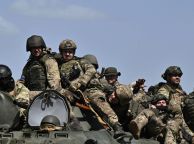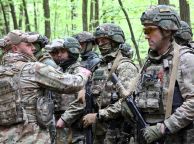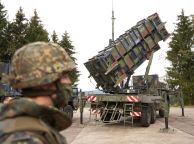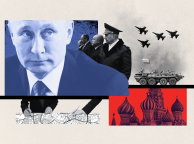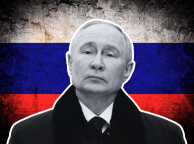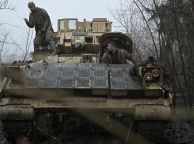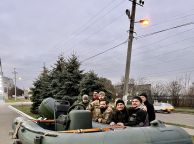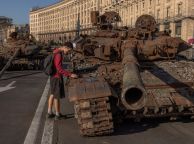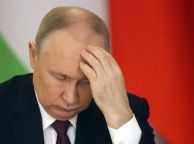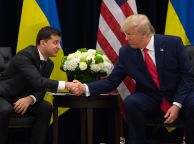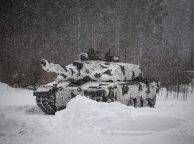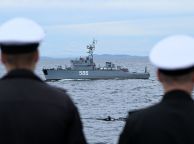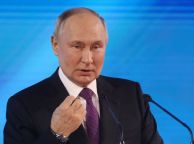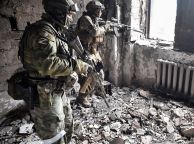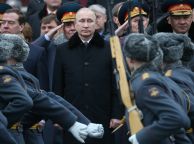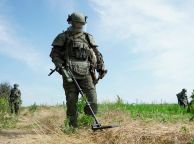By Aila Slisco
Hungarian Prime Minister Viktor Orbán has announced that his country intends to ratify Sweden's entry into NATO, delivering yet another blow to Russian President Vladimir Putin's hopes of limiting the strategic alliance.
The Russian president cited concerns about NATO expanding as one of the reasons for the ongoing Russia-Ukraine war. Regardless, the alliance has continued to grow since Putin's invasion was launched on February 24, 2022, with Finland joining last year and its neighbor Sweden being set along the same path.
Potential obstacles to Sweden's accession, including perceived opposition from Turkey and Hungary, have been disappearing at a dizzying pace this week. Turkey's parliament voted to endorse Sweden's membership on Tuesday, and Orbán asserting on Wednesday that he had "reaffirmed" his support of the alliance expanding to Stockholm.
Orbán said in a statement posted to X, formerly Twitter, that he had spoken to NATO Secretary-General Jens Stoltenberg over the phone to voice his support for Sweden's membership and would "continue to urge the Hungarian National Assembly to vote in favor of Sweden's accession and conclude the ratification at the first possible opportunity."
The Hungarian parliament is in recess until February 15. Sweden could become a NATO member in short order if the legislative body takes Orbán's advice and votes to endorse its membership after reconvening, although Turkish President Recep Erdoğan also has to sign his parliament's bill into law before the process can move forward.
Newsweek reached out for comment to Putin's office and the Russian Ministry of Foreign Affairs via email on Wednesday.
One day before professing his support for Sweden joining the alliance, Orbán sent a letter to Swedish Prime Minister Ulf Kristersson urging him to "visit Hungary at your earliest convenience" to negotiate issues including Sweden's entry into NATO, according to Politico.
Swedish Foreign Minister Tobias Billström reportedly responded to Orbán's request by roundly rejecting it, saying that he saw "no reason to negotiate at this point" and Sweden hoped "that Hungary will ratify membership as soon as possible."
Orbán, who could soon take the reins of the European Council, is considered by some to be one of Putin's only allies among NATO leaders. Orbán's announcement on Wednesday was not the only indication that any remaining support for Russia among NATO allies was dissolving.
Slovakian Prime Minister Robert Fico, another leader from a NATO nation who has made pro-Russia remarks during the Ukraine war, signed a statement on the same day supporting "the territorial integrity and sovereignty of Ukraine."
Sweden's entry into NATO would complete the transformation of the Baltic Sea into what some have dubbed "NATO lake," as the other nations on the body of water—Finland, Poland, Latvia, Lithuania and Estonia—are all members of the alliance.
The only exception left would be the Russian exclave of Kaliningrad, which is on the Baltic Sea between Lithuania and Poland.
Putin has recently claimed he is "interested in developing relations" with NATO members, saying last month that Russia has "no reason" and "no geopolitical interest" to "fight with" member states.
Dr. Erwan Lagadec, associate research professor at George Washington University's Institute for European, Russian, and Eurasian Studies, told Newsweek on Tuesday that Putin is "fully cognizant of the fact that there's not much he can do" concerning NATO's expansion, "as his military is already overstretched in Ukraine."

